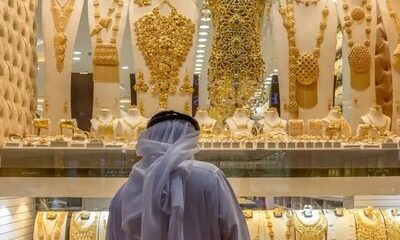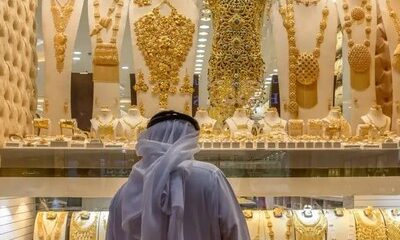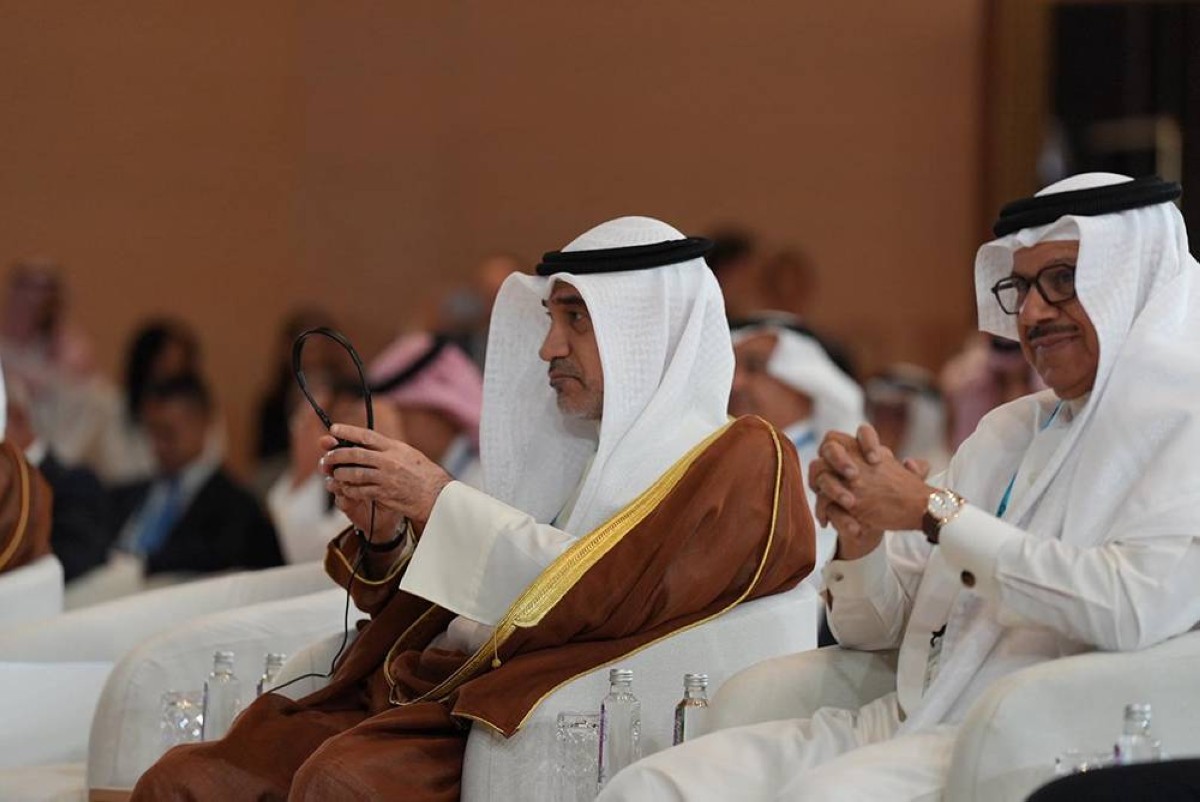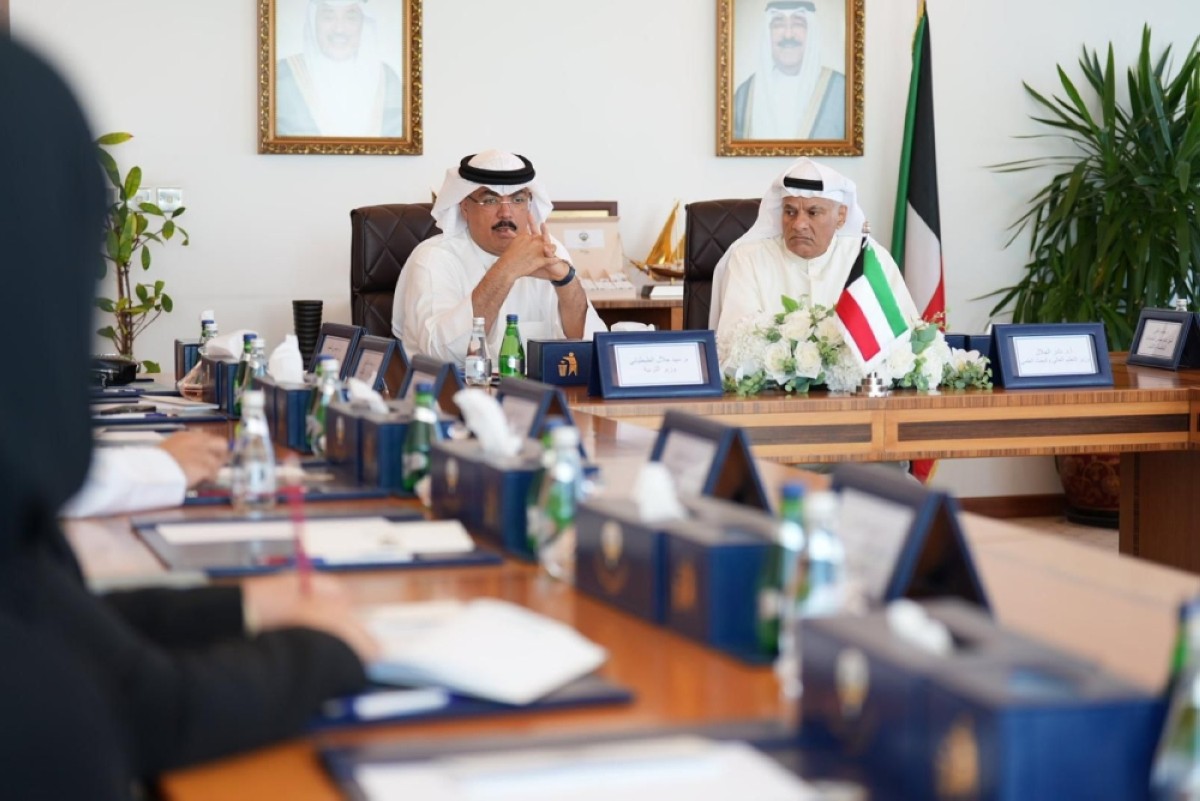KUWAIT: Gold prices recorded a sharp decline last week, with the price of an ounce dropping to USD 3,274, reflecting a daily loss of more than 1.5 percent, according to a report issued Sunday by Dar Al-Sabaik Company. The drop was attributed to a decline in geopolitical tensions and signs of improvement in global trade activity. A specialist at Dar Al-Sabaik explained that the retreat in gold prices was largely driven by easing concerns in the Middle East, notably the reduced tension between the Zionist entity and Iran. Media reports indicating a potential end to the conflict in Gaza within two weeks further contributed to the decline in demand for gold as a safe-haven asset.
The report noted that progress in the global trade arena also weighed on gold prices. A formal agreement was recently signed between the United States and China to resolve ongoing trade disputes, with additional agreements expected before July 9, potentially involving countries such as South Korea, Vietnam, and members of the European Union. Under the agreement, China will expedite shipments of rare metals, while the US will lift certain retaliatory trade measures – a move that has bolstered confidence in global trade recovery.
In addition, recent US economic data showed the core personal consumption expenditures (PCE) index rose to 2.7 percent in May, surpassing market expectations. Meanwhile, the overall inflation rate held steady at 2.3 percent, reinforcing expectations of a potential interest rate cut by the US Federal Reserve in September. The report further highlighted a rise in consumer confidence as measured by the University of Michigan index, along with declining inflation expectations among US households. These factors boosted equity markets, with the Nasdaq and S&P indices hitting record highs. Similarly, Asian markets reached their highest levels in more than three years. Despite a decline in the US dollar index and steady bond yields, gold failed to capitalize on the positive indicators, showing signs of temporary weakness as a hedge against market volatility. — KUNA
Dar Al-Sabaik’s report suggested that unless new factors emerge to support gold’s upward trajectory, the market may witness a deeper price correction amid ongoing uncertainty. Global markets are now closely watching key developments, including the conclusion of US trade negotiations before the July 9 deadline for customs tariffs, and the upcoming European Central Bank forum. Federal Reserve Chair Jerome Powell and several central bank governors are expected to speak on the future of monetary policy.
Markets are also anticipating a series of economic reports this week, including US job data, inflation figures in the Euro-zone, and activity indicators from China, Germany, Japan, and Australia. On the domestic front, the report stated that the price of 24-karat gold stood at KD 32.32 (approximately USD 99) per gram, while 22-karat gold was priced at KD 29.62 (around USD 91). The price of silver reached KD 402 per kilogram (about USD 1,313). The ounce—commonly used in precious metal markets—is equal to 31.103 grams. — KUNA


 Latest News21 hours ago
Latest News21 hours ago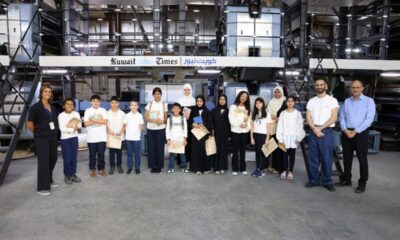
 Latest News23 hours ago
Latest News23 hours ago
 Politics6 hours ago
Politics6 hours ago
 Business14 hours ago
Business14 hours ago
 Latest News14 hours ago
Latest News14 hours ago
 Latest News11 hours ago
Latest News11 hours ago
 Politics3 hours ago
Politics3 hours ago
 Politics4 hours ago
Politics4 hours ago
